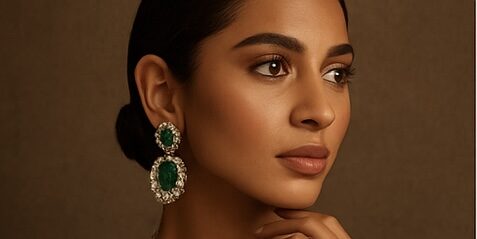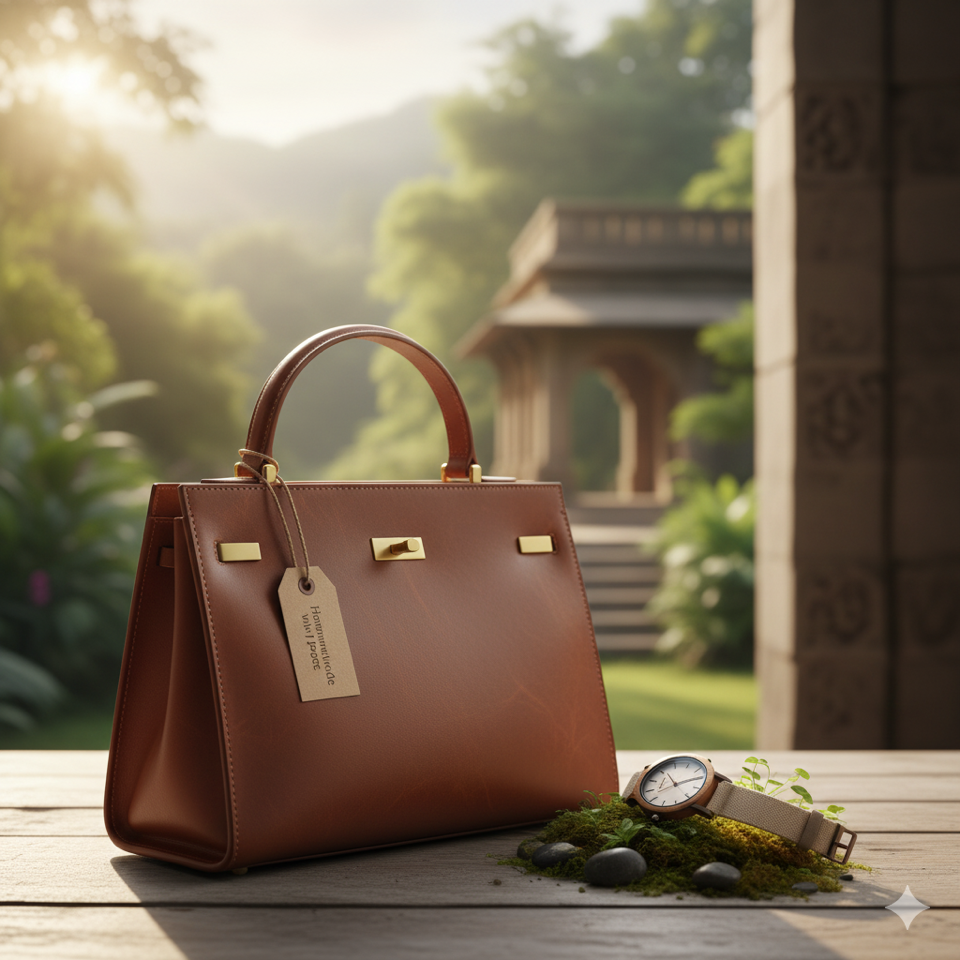As Chinese millennials continue to search for ways to express their individualism, scents have become the new frontier.


Image: The Beast

Image: The Beast
Experiential Retail
China’s growing appetite for niche, little-known perfume brands has also given way to innovative retail models. Compared to other cosmetic categories, the fragrance retail sector is still one that relies heavily on storytelling and personalisation.
Scent Library, China’s top fragrance player, created a model that capitalises on the notion of storytelling. The brand’s entire store concept is based on the idea of browsing scents like one would books. Here, customers have the option of buying mini gift sets of 15ml perfumes or booklet-like 3ml perfumes. Each perfume is designed to evoke a memory symbolic to the Chinese life, such as “Boiled Coke with Ginger (a Chinese cold remedy)” and “Plain boiled water (a Chinese family staple).”

Image: 品观网
China’s niche perfume e-commerce platform Minorité, on the other hand, operates on a model that caters to the need for personalisation. Customers will start with an offline aroma preference test, a guided aroma tour, before going online to purchase their desired scent on Minorité’s e-commerce platform.

Image: Minorité
It is safe to say that Chinese consumers today no longer desire to smell like cookie-cutter bottles of designer perfume. Many of them are looking for something a little more personal and complex – be it in the form of their favourite tea, or the scent of freshly cut grass. A 2018 industry report released by Euromonitor International also revealed that China’s demand for niche scents is part of a global trend. In most markets, sales of luxury fragrances have grown much faster than mass brands over the past five years. In response to this, beauty conglomerates like Estee Lauder have ramped up customisation options across its portfolio of brands, as well as welcomed smaller, artisanal perfumeries (including By Killian and Frederic Malle) into its stable of products. While it remains to be seen if this category will continue to grow exponentially as analysts say, it is certainly one to watch.
Cover Image: Marie Claire










